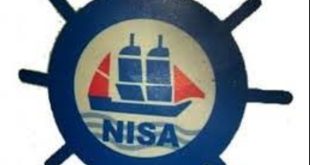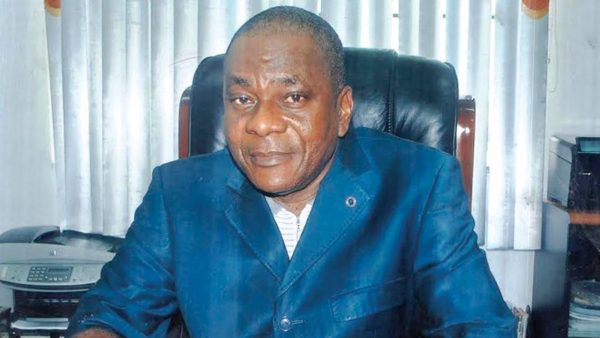
Despite the depreciation of the value of the naira and the anti-smuggling operation by the Nigeria Custom Service (NCS), report by THISDAY have showed an influx of imported ready-to-wear garments taking the value of smuggled apparel to a whopping $1.2 billion annually.
Stakeholders have blamed Nigeria’s porous land borders for the menace while manufacturers insist government failure to tackle the problem was responsible.
Also, there are concerns around the recent signing of the pact forming the African Continental Free Trade Area (AfCFTA) in Kigali.
Stakeholders within Nigeria’s textile, apparel and footwear industry opine that if the Federal Government of Nigeria (FGN) signs this agreement, it would have an adverse effect as it could accelerate the importation of cheaper imported textiles and garments.

However, analysts at FBN Quest have noted that the textile, apparel and footwear sub-sector remains the second largest contributor to Nigeria’s manufacturing (after food, beverage and tobacco).
“The sub-sector posted total output of N383bn ($1.3 billion) in Q4 2017 or 23.3 per cent of manufacturing gross domestic (GDP). The segment grew by 1.6 per cent year-on-year (y/y) in the fourth quarter of2017, compared with 1.1 per cent recorded in the corresponding period of the previous year. Given Nigeria’s huge appetite for fashion and related industries, the segment is still performing well below its full potential.
“Industry sources suggest that the country’s annual import bill for textiles and ready-to-wear apparel is $4 billion. Meanwhile, trade statistics from the National Bureau of Statistics (NBS) tell a different story, with imports of textile and clothing items of N37 billion ($121 million) in the fourth quarter, “said FBN Quest.
On what the federal government should do to stop the menace, the analysts stated: “We understand that the FGN has kicked off the creation of special economic zones (SEZs), starting with a zone for garment manufacturing. On a macro level, this should attract investment within the sector, boost output and assist with easing pressure on the job market.”
 MMS PLUS NG – Maritime, Aviation, Business, Oil and Gas News Online Newspaper with coverage in Maritime, Oil and Gas, Aviation, Power and Energy as well as Financial News
MMS PLUS NG – Maritime, Aviation, Business, Oil and Gas News Online Newspaper with coverage in Maritime, Oil and Gas, Aviation, Power and Energy as well as Financial News









